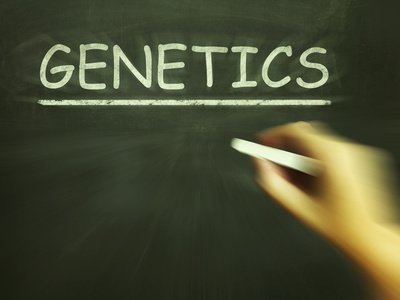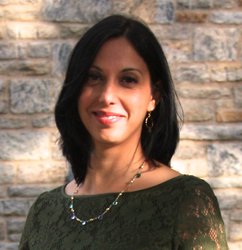Rejecting a donor based on genetic carrier status? Top 3 reasons to rethink it...

For over a decade, I worked as a genetic
counselor in New York City, where young aspiring artists often took to
sperm or egg donation. It was my job to study their family trees,
recommend genetic testing and then report back to the agency on the
quality of the donor’s profile. I was often surprised by the resistance
from recipients to accept donors who were carriers of genetic disease;
after all, many of us are healthy carriers of rare diseases. So, if
you’re in this position, here are three reasons to reconsider:
1. Carriers are healthy. When it comes to recessive diseases, a carrier does not have symptoms of the disease they carry. In fact, there are a lots of examples of positive carrier status conferring a health benefit. The classic example is of sickle cell disease: being a carrier helps protect against malaria. When the Ebola virus hit West Africa, researchers discovered that carriers of Niemann-Pick type C were more resistant to the virus. So, one copy of a rare gene is not a bad thing, and sometimes it’s a good thing.
2. Relying on family history information alone is not enough. Over 80% of children born with genetic diseases have no known family history. Many donors, and most people for that matter, do not know a lot about their family history. Listen to this story by Sir Paul Nurse, a respected geneticist who discovers his own family secret well into adulthood. The fact is, family histories can be murky, and genetic testing for a broad array of rare conditions offers a level of clarity that self-reported health histories can miss.
3. The experts agree that if you’re using a donor to start a family, you’re a good candidate for expanded carrier screening. Earlier this year, five professional medical societies issued a joint statement
on the value of this screening: the American College of Medical
Genetics and Genomics, American College of Obstetricians and
Gynecologists, National Society of Genetic Counselors, Perinatal Quality
Foundation, and Society for Maternal-Fetal Medicine. If you’re using a
donor to conceive, get as much information as you can and keep those
records handy as your child gets older.
Categories
Latest Posts
- Pride, Parenthood and Possibility: A Guide for Gay Dads Using Frozen Donor Egg
- Victoria’s Story: Choosing Donor Egg and Beyond
- Heartbreak, jealousy, and then one ‘golden egg’. How actress Camille Guaty finally became a mom with donor egg
- Empowering Your Family Dreams: Accessing Fertility Coverage Made Simple
- Donor Egg Bank USA’s Partner Summit 2024
- Planning, Painting and Picking: A Donor Egg Bank USA Employee’s Journey to Motherhood
- Real Stories: A Path to Parenthood Through Donor Eggs
- Mental Health and Infertility 101: What You Should Know
- Mark Yourself as a Resource During National Infertility Week®
- 5 Reasons It’s Not Your Fault You’re Not Pregnant

Comments
Share Your Thoughts